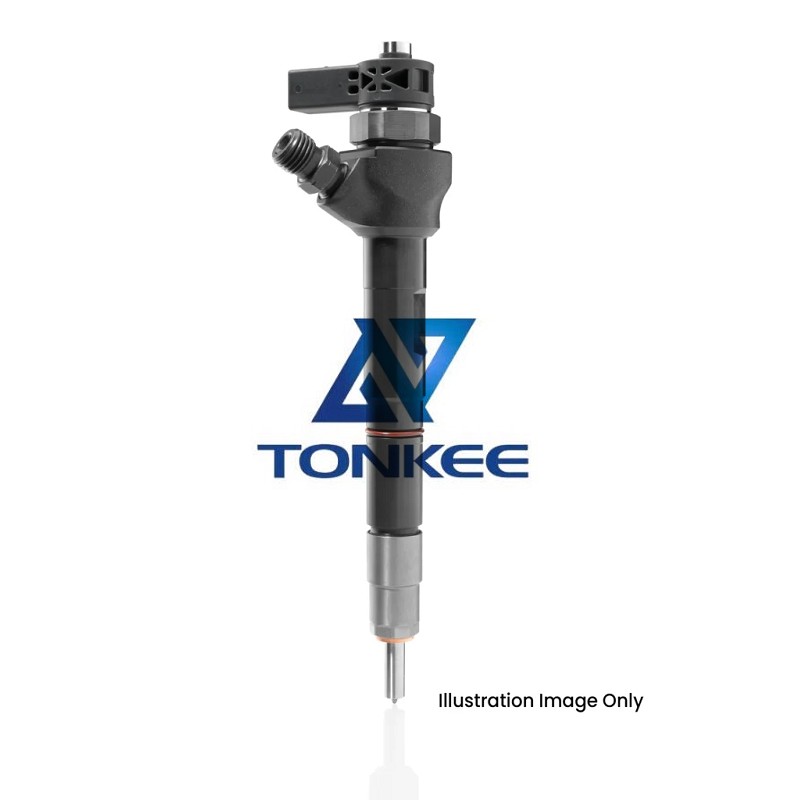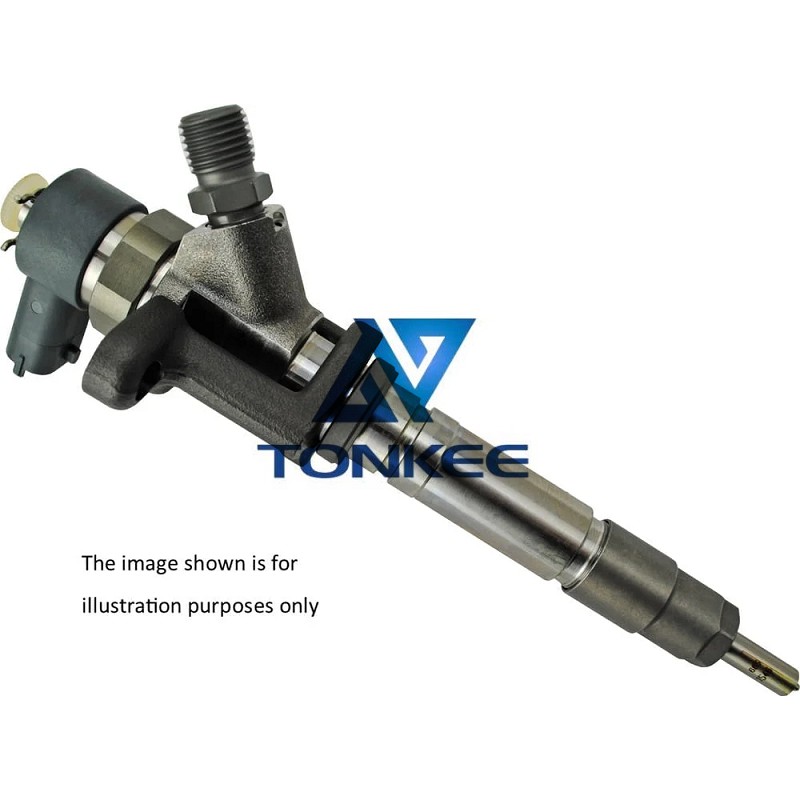
Bosch Quality: Bosch is a renowned manufacturer of automotive components, and this injector is no exception to their commitment to quality and reliability.
It is engineered to meet stringent industry standards.
Common Rail Technology: This injector operates on the Common Rail system, which uses a high-pressure fuel rail to deliver fuel to the injectors. This technology enhances fuel atomization and combustion efficiency, resulting in reduced emissions and improved performance.
Part Number: The part number 0 445 110 577 is a unique identifier for this specific injector, making it easy for mechanics and technicians to locate the correct replacement part.
Nozzle Design: The injector features a precision-engineered nozzle designed to atomize fuel into fine droplets. This finer fuel mist ensures more complete combustion, reducing emissions and maximizing engine power.
High Pressure: Common Rail injectors like the 0 445 110 577 operate at high pressures to ensure precise and consistent fuel delivery. The exact pressure may vary depending on the specific engine application.
Durability: Bosch injectors are known for their durability. They are designed to withstand the harsh conditions inside the engine and have a long service life.
Optimized Fuel Delivery: The injector delivers fuel with exceptional precision and timing.
This results in improved combustion, reduced noise, and enhanced fuel efficiency.
Compatibility: The 0 445 110 577 injector is designed for use in a range of diesel engines, often found in commercial vehicles, industrial machinery, and passenger cars.
Injector Solenoid: The injector features an electromagnetic solenoid to control the injection process. The solenoid is highly responsive, ensuring precise fuel delivery.
Integrated Electronics: Modern common rail injectors often include integrated electronics for fine-tuning fuel delivery and communication with the engine control unit (ECU).
Reduction in Emissions: The efficient fuel delivery and combustion achieved with this injector help reduce harmful emissions, making it compliant with stringent emissions regulations.
Improved Fuel Efficiency: The precise control of fuel delivery contributes to improved fuel economy, which is a crucial factor for both vehicle owners and fleet operators.
Optimized Power Output: Proper fuel atomization and timing enhance the engine's power output and torque, contributing to better performance.



 English
English Русский язык
Русский язык



